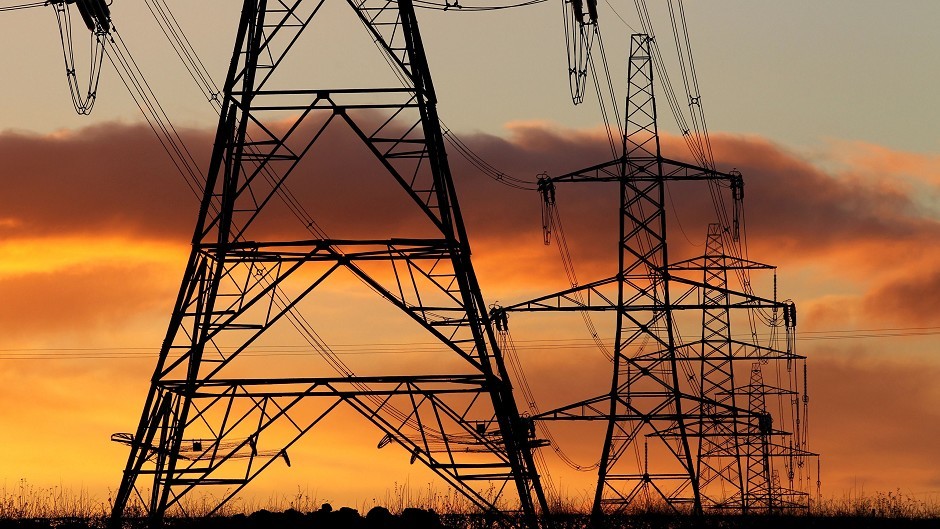The UK Government was under fresh pressure last night to end its “energy tax” on communities in the north and north-east.
As temperatures begin to drop again, SNP energy spokesman Drew Hendry said it was “ludicrous” that families in northern Scotland were having to pay hundreds of pounds extra to heat their homes.
The MP for Inverness, Nairn, Badenoch and Strathspey spoke out after Energy Minister Claire Perry dodged the issue when he raised it at Westminster.
Distribution charges account for about 18% of average bills and around 700,000 consumers across northern Scotland, including Grampian and the Highlands and islands, pay the highest rates in the UK.
For families on “economy 7” tariffs, the north of Scotland pays an average of £135 for the distribution alone, more than double the £66 paid in London.
>> Keep up to date with the latest news with The P&J newsletter
The costs, branded a “surcharge” by campaigners, are levied despite Scotland producing more energy that it needs, and remote communities in the north suffering from the highest levels of fuel poverty in the country.
After the Press and Journal campaigned for reform, the coalition government at Westminster pledged to introduce a new scheme to cut about £30 from average bills in the region in 2015, but the move was abandoned by the Tories after they formed a majority government later that year.
Last night, Mr Hendry said: “It is ludicrous that people living in an area producing vast amounts of electricity through renewables pay more than other regions to export that electricity, then are asked as consumers to pay more to use it.
“It is not good enough for the UK government minister to continue to sidestep the issue – her warm words won’t heat Highland homes this winter.
“If the UK Government is serious about tackling high electricity bills, it’s time to end its energy tax on Highland residents.”
A spokeswoman for the UK Government’s Department of Business, Energy and Industrial Strategy said: “We are determined to tackle high energy prices, which is why the government is introducing an energy price cap that will protect around 11 million households across Great Britain—including in Scotland—from poor value deals.”
